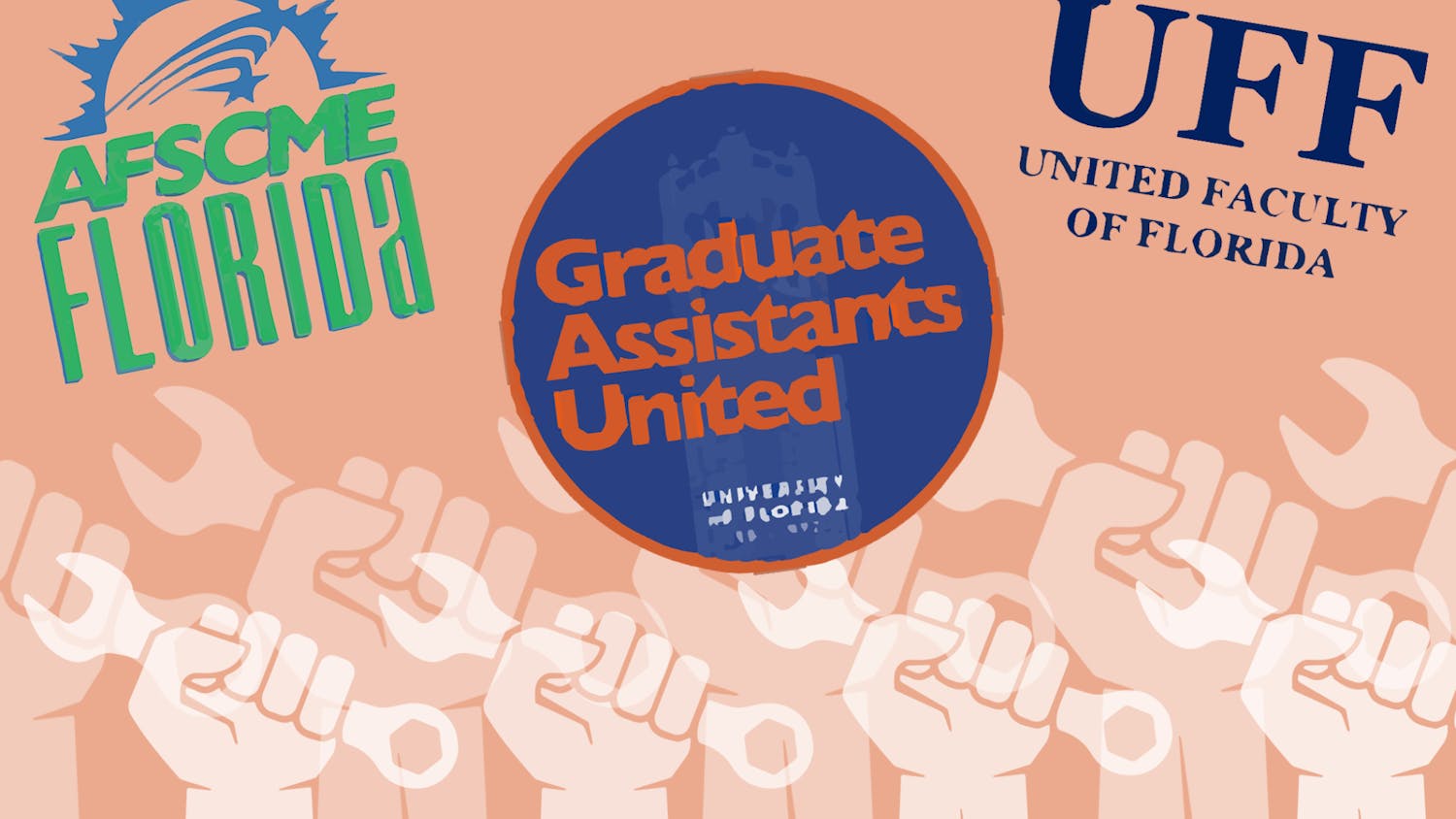Recently our opinions editor was walking by Tijuana Flats on University Avenue and saw pink ribbons scrawled in paint across the windows. These ribbons, obviously symbolizing the global fight against breast cancer, really resonated with him. His mother is a breast cancer survivor. Also, his love of burritos is unparalleled.
Perhaps, he thought to himself, he could help fight the disease that once riddled his mother while also eating a delicious burrito filled with Monsanto food products.
Now there is plenty to be said about those pink ribbons. Those ribbons — and even the color pink that they have printed on them — are trademarked property of the Susan G. Komen organization, which donates less than a dime per dollar to actual breast cancer research. Most of the money, unsurprisingly, goes to making sure pockets stay heavy. But this editorial is not about the corrupt nature of the Susan G. Komen Foundation. It’s about that undeserved and arguably hypocritical feeling of happiness and pride you get when you’re purchasing something and, for a dollar more, donating to (insert charitable cause here).
We assume, dear reader, that like us, you exist in this paradoxical reality where you are fully and entirely aware of your status as a “capitalist consumer” while also trying to consume modestly or even “not” consume at all. This used to be a motivation behind charitable contributions. Perhaps, some think, if I donate to such-and-such cause, I can counteract the inherent consumerist I am and do some good in the world.
But economics and psychology have advanced since then. Now, like at Tijuana Flats, that feel-good response you get comes automatically with your purchase. You are not only purchasing a Bangin’ Chicken Burrito; you are also buying into the ability to excuse yourself from that subconscious yet undeniable guilt you feel about being the purchaser.
Such phenomena are everywhere. When you go to Publix and hit the checkout line, the cashier might ask you if you would like to donate a dollar to Children’s Miracle Network. When you purchase something at H&M, the store gives you eco-friendly bags and assures you all the store’s fabrics are created sustainably. (So f--- the gas emissions from transporting the products; so long as a tree was saved, you did a thing.) At the bank, if you make a deposit, the teller asks if some of your deposit can go in a college scholarship fund for a brilliant high-school student who would otherwise not be able to afford an education.
The truth is we are surrounded by sad, scary and harsh facts. Something does, in fact, need to be done. But rather than putting $1 Band-Aids on the severed limbs of our society, we should have the courage to address these diseases head on. We ought to move our society in a direction that does not try to simply “help” poverty; rather, we should make poverty impossible in the first place. It is fundamentally immoral to use consumerism as a way to remedy the problems that consumerism itself perpetuates.
Let us be clear, dear reader. We are not against charity. For the love of God, do as much good as you can in this life. However, we are against ignorance. There is no shame in acknowledging the inevitable hypocrisy in our lives. If anything, let’s use this acknowledgement as a way to change it so we don’t have to be hypocritical.





